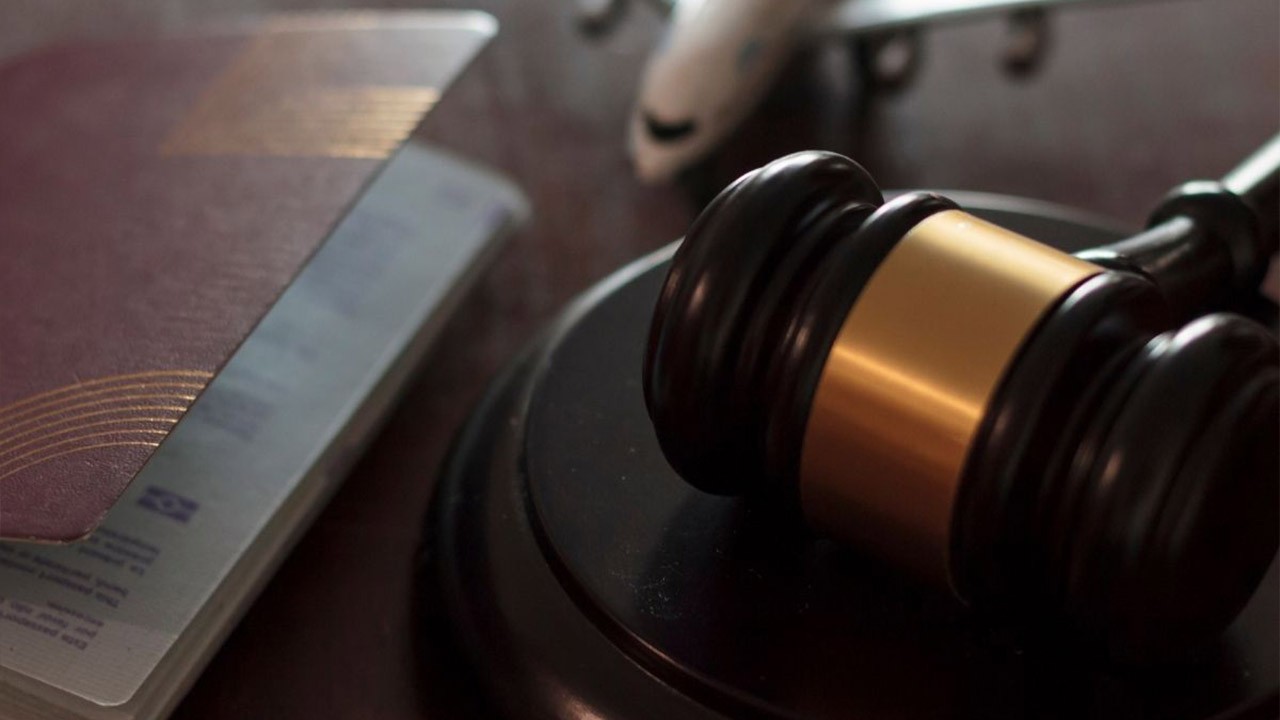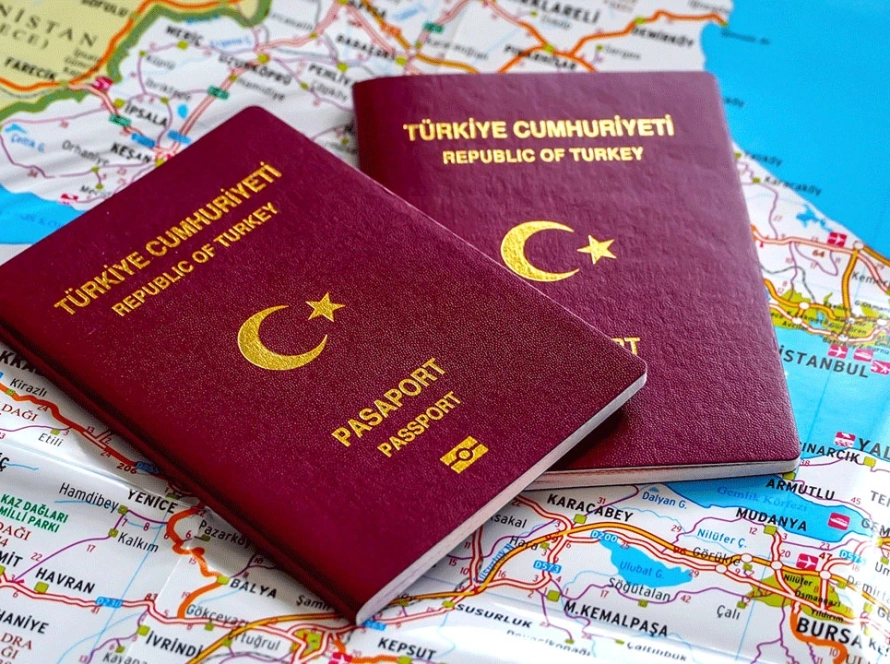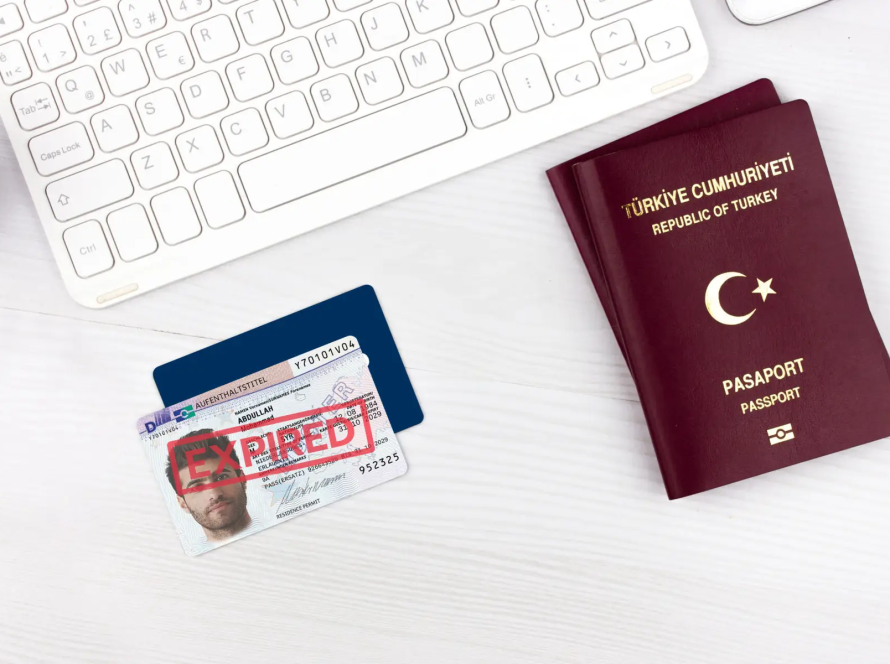What is a Restriction Code?
A restriction code is an administrative restriction that prevents foreign nationals from entering, residing or staying in Turkey for a certain period of time. This code is usually imposed for illegal entry and exit, visa violations, acts against public order or for legal reasons.
The restriction codes determined by the Directorate of Migration Management and the General Directorate of Security may vary for different reasons. Individuals should find out whether they are banned from entering Turkey and follow the legal procedures to lift the ban.
Types of Restriction Codes
The restriction codes applied in Turkey fall into different categories. The most common restriction codes are as follows:
- Codes between Ç-101 and Ç-116: Applied to foreigners who overstay their visa, work illegally or violate their residence permit in Turkey.
- G-87 Code: A code assigned to foreigners deemed to pose a threat to public security.
- N-82 Code: Refers to situations where the person is subject to special permission to enter Turkey.
- V-69 Code: This is the restriction code applied due to forged documents or false declaration.
- O-100 Code: This is the code for foreigners who commit crimes in Turkey.
In order to have these codes removed, the person must find out which code restricts them and follow the appropriate legal remedies.
Conditions for Removal of the Restriction Code
In order for the restriction code to be removed, certain conditions must be met. The restriction code can be removed by considering the following conditions:
- Unjustified imposition of a restriction code: If a code has been added due to an incorrect procedure, a correction can be requested by applying to the relevant authorities.
- Expired restriction codes: In case of expiration, they can be automatically removed or the process can be accelerated by applying.
- Payment of administrative fines: If a code has been added due to visa violations or illegal work, it is possible to remove the code once the relevant fines have been paid.
- Cancellation by court decision: If it is believed that a restriction code has been imposed unjustly, an annulment decision can be obtained by applying to an administrative court.
Application Process for Removal of Restriction Code
The following steps should be followed to remove the restriction code:
Find out why the restriction code was imposed: Information about the code can be obtained from the Directorate General of Migration Management or border crossings.
Applying to the relevant authorities: A petition can be submitted to the Migration Management, the Ministry of Interior or the relevant consulates.
Pay administrative fines: If the restriction code was imposed due to visa violations or exceeding the duration of the residence permit, it can be requested to be removed after payment.
Applying to the court Those who wish to challenge the code by legal means can file a lawsuit in administrative courts and request that the code be lifted.
Seek legal counsel: As the legal process can be complex, working with a specialized lawyer can help speed up the process.
Challenges in the Process of Removing Restriction Codes
There can be some difficulties in the process of removing restriction codes. The most common problems are the following:
- Long bureaucratic procedures: It can sometimes take a long time to get a response from the authorities.
- Rejection of the application due to missing documents: It is important to submit complete applications in order to speed up the process.
- The court process takes time: Appeals to the administrative court can sometimes take a long time, so it may be useful to seek legal assistance.
- Non-payment of fines: If administrative fines are underpaid or incorrectly paid, it may not be possible to remove the restriction code.
Statute of Limitations for Restriction Codes
Each restriction code has a specific duration. In general, the codes are applied for periods ranging from 1 year to 5 years. If the person wants to enter Turkey before the expiry of the specified period, he/she needs to apply. Expired restriction codes can be removed automatically, but in some cases a formal application may be required.
Legal Remedies for Removing the Restriction Code
If a person believes that the restriction code has been imposed unfairly, he or she can use the following legal remedies:
- Administrative application: The first step is to apply to the Migration Management to request the removal of the restriction code.
- File an administrative lawsuit: If the application is rejected, the code can be removed by filing a lawsuit with the administrative court.
- Application to the Constitutional Court: If a person believes that his/her fundamental rights have been violated, he/she can make an individual application to the Constitutional Court.
Restriction codes are administrative measures that restrict foreign nationals from entering Turkey. These codes are usually imposed for visa violations, public order violations and illegal activities. However, in some cases they may have been added incorrectly or unjustly.
In order to remove the restriction code, it may be necessary to apply to administrative authorities, follow legal processes and file a lawsuit when necessary. In order to speed up the process and avoid loss of rights, it would be useful to get support from a specialized lawyer.




